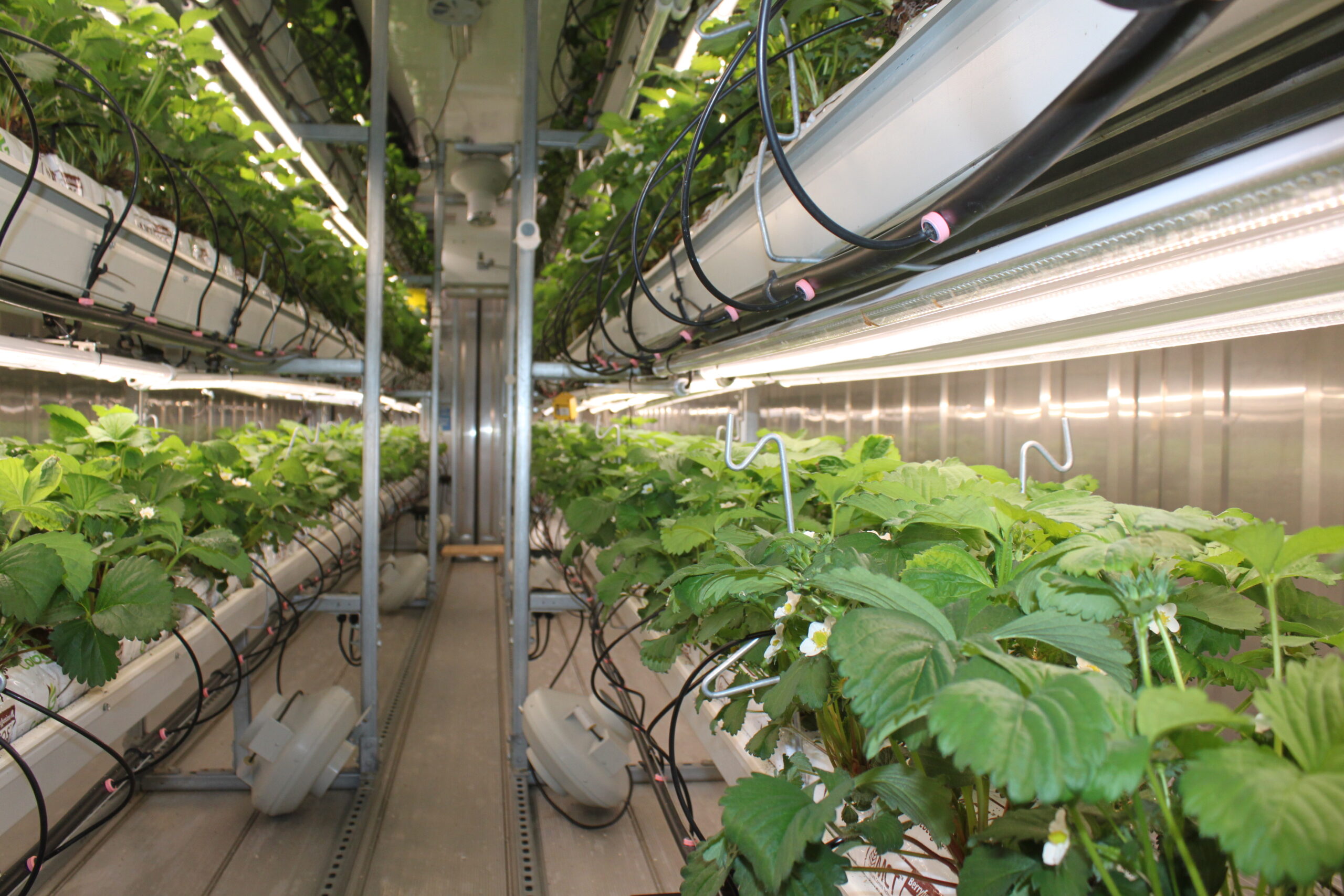Container farming, once heralded as the future of agriculture, now faces scrutiny following the shutdown of numerous projects. As a leader in tech-based solutions for Controlled Environment Agriculture (CEA), Kroptek possesses an insider’s perspective on the various farming methods within the CEA sector.
From early on, we recognised the limitations of container farming, opting to use it primarily for R&D while channelling our primary efforts into larger urban farms where economies of scale come into play.
In this article, we’ll run through the key misconceptions surrounding container farming, shedding light on why it hasn’t always lived up to the lofty expectations set by both consumers and investors.
“It’s a quick solution to food scarcity”: Container farming is often seen as a quick fix to urban food scarcity due to its ability to grow crops in a controlled environment, regardless of outdoor conditions. However, setting up a successful container farm requires a significant amount of planning, investment, and knowledge. It’s not as simple as placing seeds in a container and watching them grow. The technology and know-how required can pose a barrier to entry.
“It’s always cost-effective”: While container farming can potentially save on water and land use, it does require substantial energy for lighting, heating, and cooling as well as dedicated staff for operating it. The capital costs for the equipment can also be high. Without careful planning and efficient operation, these costs can make container farming less cost-effective than traditional farming methods.
“All crops can be grown”: While a variety of crops can be grown in container farms, they are particularly well-suited to leafy greens and herbs. Crops that require more space or different growing conditions, such as root vegetables or fruits, may be less profitable or even impossible to grow in a container farm. Therefore, the versatility of crop types can be somewhat limited.
“It guarantees a high yield”: While container farming allows for control over environmental conditions and can lead to high yields per square foot, it doesn’t guarantee a successful yield. Like any form of farming, it requires significant knowledge and careful management of plant health.
“It’s a standalone solution for urban farming”: Container farms can be part of the solution for urban food production, but they are not the only solution. Other methods, such as rooftop gardens, vertical farming in buildings, and community gardens, also play crucial roles.
To learn more about CEA solutions visit the Kroptek website or get in contact at info@kroptek.com

